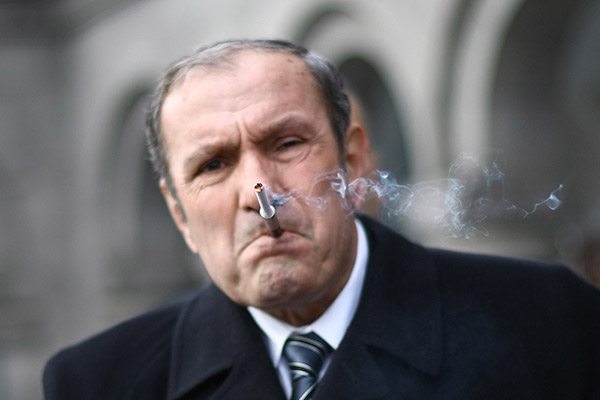Russia’s ambassador to Yerevan, Sergei Kopyrkin, met with former Armenian President Levon Ter-Petrosyan on Tuesday, five days after Ter-Petrosyan appeared to commend Iran for opposing Azerbaijan’s push for a land corridor through Armenia.
According to Ter-Petrosyan’s spokesperson, Arman Musinyan, the two discussed Russian-Armenian relations, Armenia’s internal affairs, and regional security. No further details were provided, and the Russian Embassy in Yerevan did not issue a statement regarding the meeting, which took place at Ter-Petrosyan’s private residence.
During his presidency from 1991 to 1998, Ter-Petrosyan pursued close ties with Russia, a stance he has maintained over the years. Some of his political allies, like other opposition figures, have criticized Prime Minister Nikol Pashinyan’s shift toward the West, arguing that it has dangerously strained Armenia’s relations with Moscow.
Pashinyan, however, insists that Armenia is merely “diversifying” its foreign and security policies in response to Moscow’s failure to uphold its security commitments. As part of this realignment, his government has effectively frozen Armenia’s membership in the Russian-led Collective Security Treaty Organization (CSTO) and signaled a long-term goal of joining the European Union.
Ter-Petrosyan, who rarely makes public appearances, met with another foreign diplomat, Iranian Ambassador Mehdi Sobhani, on February 13. Musinyan stated that Ter-Petrosyan “expressed his admiration” for Sobhani’s remarks at a February 6 press conference in Yerevan.
At that conference, Sobhani had warned that Azerbaijan’s proposed extraterritorial corridor to its Nakhichevan exclave would be detrimental to both Armenia and Iran. “Only Iran supports Armenia in opposing the so-called ‘Zangezur corridor,’” the ambassador stated.
Tensions between Iran and Russia on this issue flared last August after Russian Foreign Minister Sergei Lavrov accused Yerevan of “sabotaging” a Russian-brokered 2020 agreement obligating Armenia to open transit routes between Nakhichevan and mainland Azerbaijan. Iran reacted sharply, cautioning Moscow against enabling “geopolitical changes” in the region.
Despite Tehran’s strong stance, a Russian Foreign Ministry spokeswoman asserted on February 14 that Moscow and Iran hold “similar positions” on the corridor issue.




